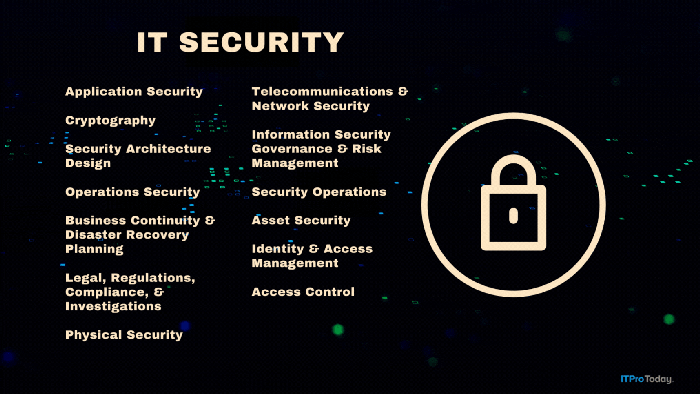Get a Head Start To Prevent Vista Headaches
Reports indicate that adapting to Windows Vista won't be nearly as simple as moving from Windows 2000 to Windows XP.
May 30, 2006
I'm sure many of you are very much looking forward to Windows Vista, with its promising new security features. On the other hand, I bet very few of you are ready for the new OS. If beta versions are any sort of indicator, you might want to stock up on aspirin before you tackle Vista because current reports indicate that adapting to it isn't going to be nearly as simple as moving from Windows 2000 to Windows XP was.
First of all, there will be hardware issues. Each new OS demands more resources. To get a good idea of the evolution in requirements for Windows over time, head over to TechWeb and read "Windows System Reqs. 1990-2006: More For Less."
http://news.yahoo.com/s/cmp/20060520/tc_cmp/188100630
Don't think you'll be able to take all your older 32-bit Pentium III systems and upgrade the OS to Vista. You'll need at least an 800MHz CPU, 1GB of system RAM, and 128MB of video RAM. I'm guessing that even with those minimum requirements, the system will run at a snail's pace when you have several applications and browser tabs open. You might have to buy new hardware if you want to take full advantage of Windows Vista's spiffy new features, including the new UI.
Another problem you might encounter is that some of your hardware might not work because Vista might not ship with compatible drivers, vendors might not make drivers available until some date later than when Vista ships, or some vendors might not provide Vista-compatible drivers at all because they might retire a given device model. This is especially true for laptops, which tend to use unique hardware components. For one man's perspective on this sort of headache with a recent Vista beta, read Gary Krakow's "Windows Vista Beta 2: The key word is 'Beta'."
http://www.msnbc.msn.com/id/12932382
Assuming you get past the hardware concerns, you'll then be confronted with security issues. Right up front, you can expect to see lots of vulnerabilities exposed. It never fails to happen when Microsoft releases a new OS. You can bet people are already looking for holes, and many of those people won't say a word about or move to exploit the holes they find until Vista is in widespread use.
Then of course there is the new User Access Control (UAC). If you haven't tested Windows Vista yet, you're in for quite a surprise with UAC. Unless Microsoft makes some significant changes before the final release of Vista, it will offer a far different user experience than we're used to. Granted, UAC brings much needed control over the OS (which probably should have been built in starting with Windows NT), but UAC introduces a level of tediousness that will test your users' tolerance.
To learn about the potential user experience with UAC in the current version of Vista, be sure to read Paul Thurrott's "Windows Vista February 2006 CTP (Build 5308/5342) Review, Part 5: Where Vista Fails" (at the first URL below) and "Biting the Security Bullet" (at the second URL below). You can also learn a bit more about the end user experience of UAC by reading the Microsoft UACBlog article "User Account Control Prompts on the Secure Desktop" (at the third URL below).
http://www.itprotoday.com/reviews/winvista_5308_05.asp
http://www.windowsitpro.com/Article/ArticleID/50361/50361.html
http://blogs.msdn.com/uac/archive/2006/05/03/589561.aspx
And let's not forget training. Vista will probably require considerable training for your Help desk personnel, your end users, and of course IT staff.
I hope I don't sound too cynical, but implementing a new Windows OS is a challenge. If you intend to use Vista sooner rather than later, get started learning about it now. The head start might relieve a lot of headaches later.
About the Author
You May Also Like









.png?width=700&auto=webp&quality=80&disable=upscale)